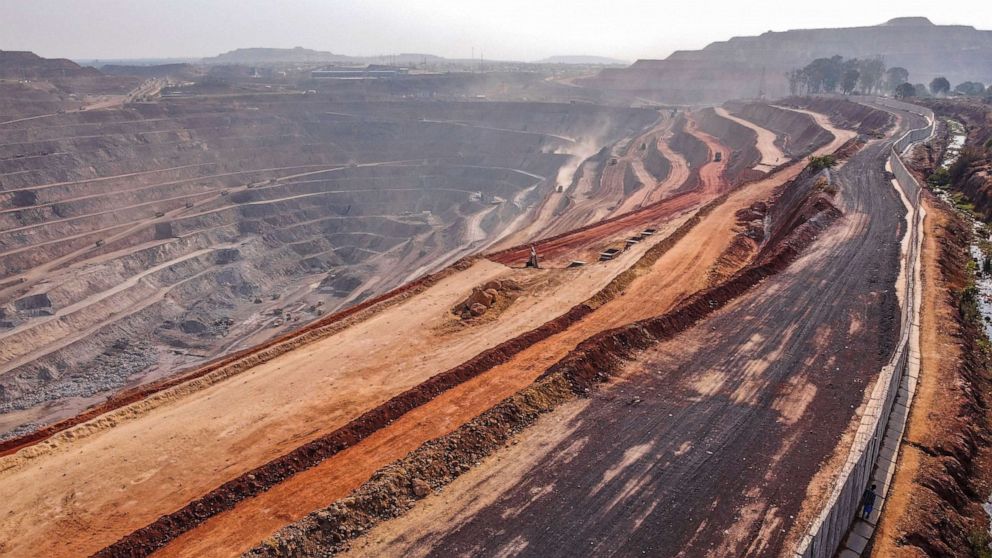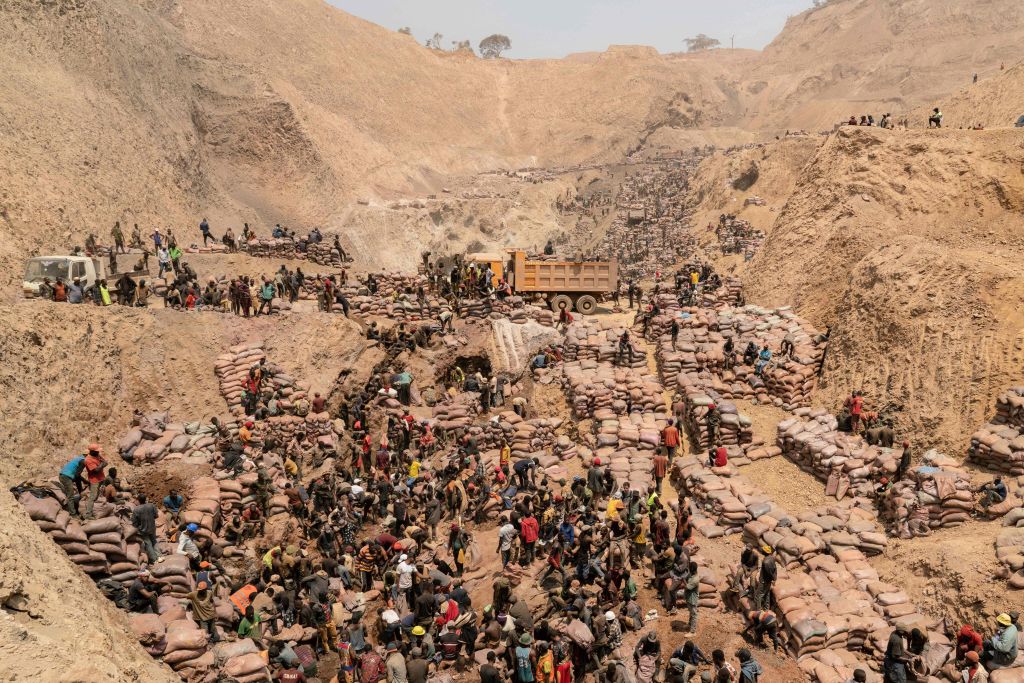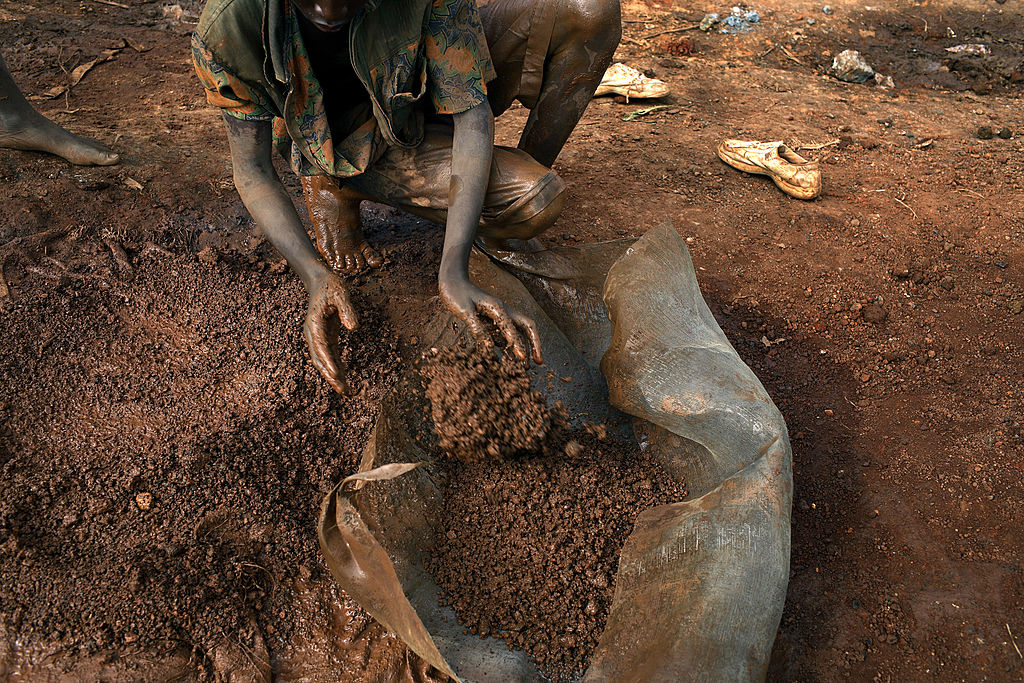*Fyi, In other News, I see where,
Gécamines: Alingete calls for sanctions against embezzlers
After revelations, sanctions.
The General Inspectorate of Finances -IGF-, straight in its boots, does not disarm in the case of embezzlement of more than USD 10 million from the Generale des Carrières et des Mines -GECAMINES-, the result of unjustified withdrawals of funds in the accounts of the Congo Real Estate Company -SIMCO-, a company 99% owned by the DR-Congolese mining giant.
The IGF demanded sanctions against the beneficiaries of this sum, shared between directors, executives and agents of GECAMINES.
In particular, she requested the measure of banning all beneficiaries of these embezzled funds from leaving the national territory.
In addition to this measure, this public finance control service, headed by Jules Alingete, ordered the seizure of the beneficiaries' bank accounts as well as the automatic reimbursement to GECAMINES of the embezzled funds, from the beneficiaries' accounts.
This order, it is explained in the corridors of this service attached to the presidency, further reflects the commitment of the IGF to “no longer leave financial predation in DR Congo unpunished”.
At GECAMINES, predation was noted at the beginning of October after more than 25 people, including directors, executives and agents of this public company, shared USD 10,156,754 on the grounds of “special allocation” or “special snack” .
These reasons, indicated on the payment orders -OP-, do not appear in the GECAMINES collective agreement with regard to executives and agents who are bound by an employment contract, the IGF argued to maintain that it These are “illicit advantages” which constitute acts of “misappropriation”.
The sum thus misappropriated came, according to a note from the inspector general head of brigade, G.F. Muzeze Nzonzimbu, addressed to the Inspector General of Finance head of department, Jules Alingete, from dividends paid to SIMCO by Sicomines and KCC between October 2022 and December 2022, two companies in which it is a shareholder alongside Gécamines.
The IGF's revelations had placed the president of the Gécamines Intersyndicale, also promoter of the Lush football club Groupe Bazano, Kasongo Mabwisha, at the head of the beneficiaries of these illicit advantages with, alone, 1.39 million of USD.
He is followed just behind by the current PCA Guy Robert Lukama, administrator at the time of this scam, 1.157 million USD.
DGA in 2022 and since become Administrator, Léon Mwine has taken over more than a million USD. The CEO at the time, Ntambwe Ngoy, who became administrator, walked away with 913,000 USD.
In addition to this quartet, 23 other people shared the remaining 5.6 million - details in the table.
These new revelations are made at a time when the Board of Directors of Gécamines had mentioned “perfectly documented operations within its corporate bodies, carried out in complete transparency in 2022 via bank transfers easily traceable and traced, but unfortunately presented one year later as possible diversions.”
This public giant of the DR-Congolese mining sector had not excluded the possibility of “requesting compensation for any damage caused by false allegations and compensation for material, moral, financial and reputational damage resulting from statements contrary to the facts”.
Barely veiled threats which did not have the merit of making Jules Alingete flinch in the face of “a gang of mafiosi” who decided unilaterally to draw “from the source, from the funds which were to come to Gécamines”.
“These individuals, some of whom receive more than 100,000 USD per month from Gécamines, have sufficiently demonstrated their capacity to cause harm.
How could it be possible that the IGF was aware and that it is the same IGF which is calling on them today?”
Alingete asked in a recent interview with AfricaNews.
www.mediacongo
World Bank suspends $1 billion in funding, impacting more than 600,000 beneficiaries
The Democratic Republic of Congo (DRC) faces a critical situation as the World Bank recently announced the suspension of its financing for humanitarian and development projects in the country, amounting to a significant amount of $1 billion .
This decision will have a direct impact on more than 600,000 beneficiaries, including victims of sexual violence.
This news was communicated to the Congolese Minister of Finance in a letter of which libregrandlac.com has taken note.
Consequences on beneficiaries
The suspension of World Bank funding to the DRC will have a devastating effect on beneficiaries of humanitarian and development projects in the country.
Among them are vulnerable people and victims of sexual violence who depend on these projects for their survival and rehabilitation.
The consequences of this decision will be immediately felt by those who benefit from these programs, leading to a disruption of essential services such as access to education, health and food security.
Reason for suspension
The World Bank made the decision to suspend funding due to concerns over mismanagement of funds allocated to projects in the DRC.
According to the letter sent to the Congolese finance minister, irregularities were noted in the use of previous funding, which led to this drastic suspension.
The World Bank emphasizes the importance of transparency and efficiency in the use of financial resources allocated to development projects.
Call for better financial management
The suspension of World Bank financing in the DRC must be seen as a call to act responsibly and transparently in the management of financial resources.
It is crucial that the Congolese government takes immediate measures to remedy the problems noted and commits to better financial management. This will help restore trust with international partners and guarantee the continuity of projects for the well-being of beneficiaries.
Faced with this suspension of financing, it is essential that the Congolese government works closely with the World Bank and other international partners to find alternative solutions.
It is also important to engage in an open and transparent dialogue in order to resolve the financial management issues that led to this situation.
Cooperation between all parties involved is essential to ensure that beneficiaries do not suffer negative consequences from this long-term suspension of funding.
The suspension of World Bank funding to the DRC for humanitarian and development projects is a call for better financial management and transparency in the use of resources.
It is crucial that the Congolese government takes immediate action to resolve the identified issues in order to rebuild trust with international partners.
In the meantime, alternative solutions must be considered to ensure the continuity of projects and the well-being of beneficiaries.
Collaboration and open dialogue are essential to overcome this difficult situation and provide vital assistance to those who need it most in the DRC.
www.mediacongo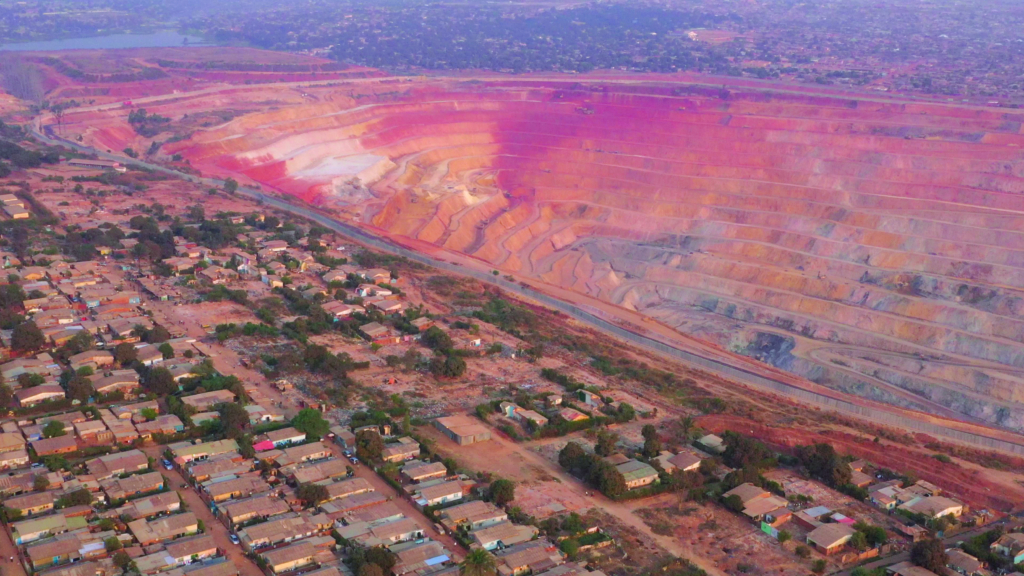
 www.amnesty.org
www.amnesty.org
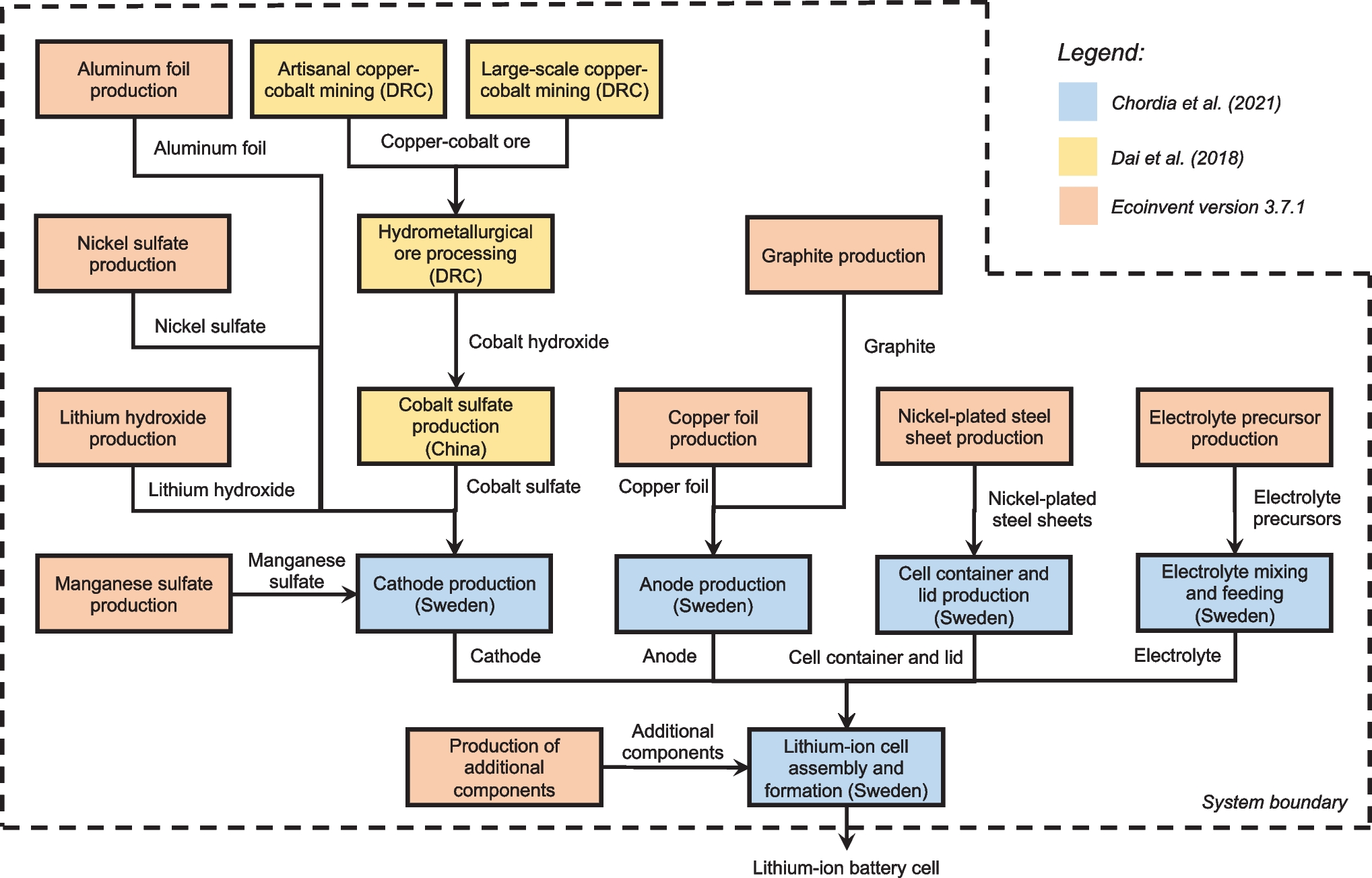
 link.springer.com
link.springer.com
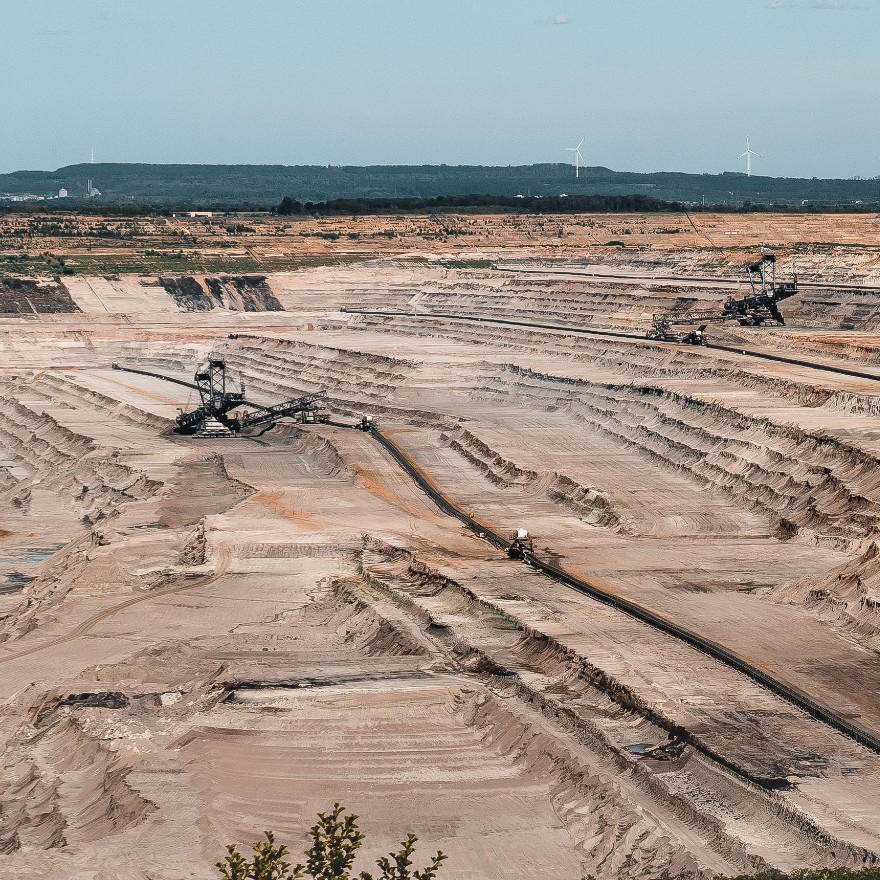
 globaledge.msu.edu
globaledge.msu.edu




